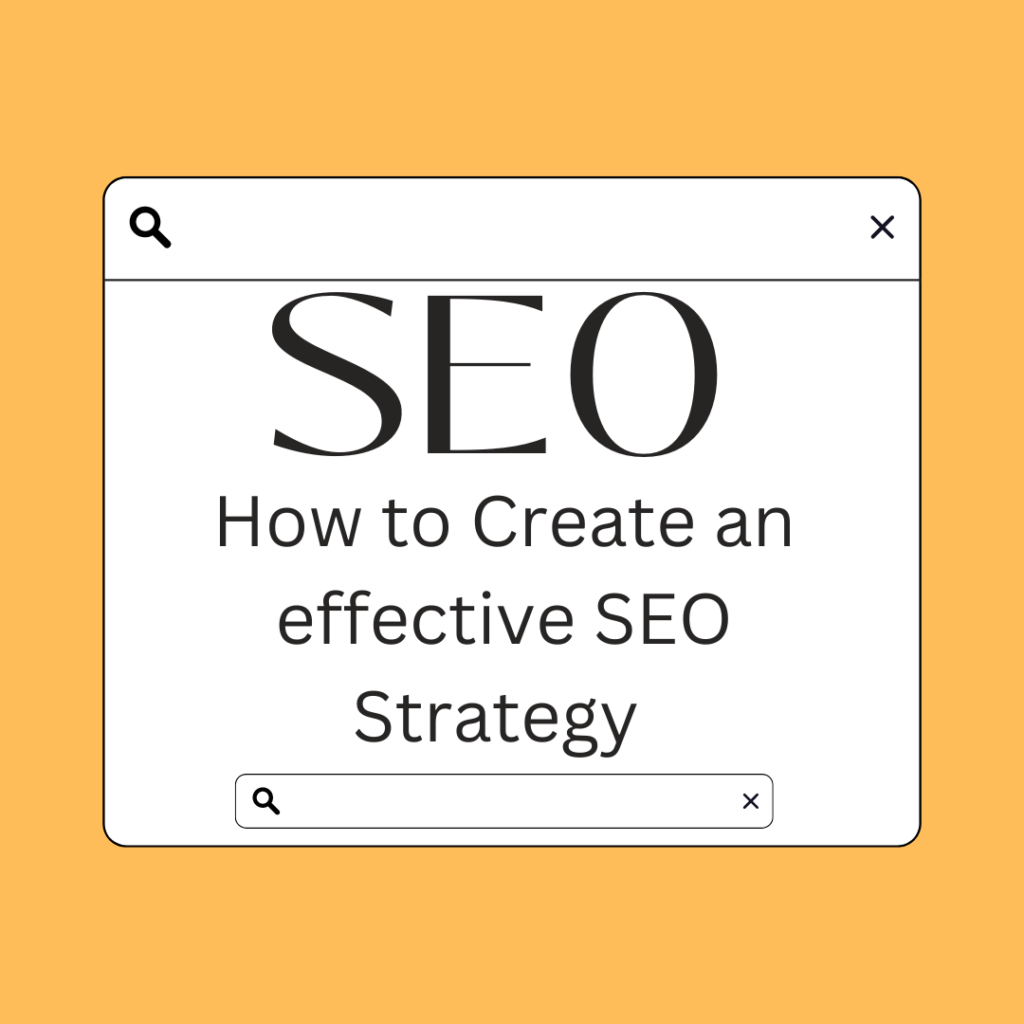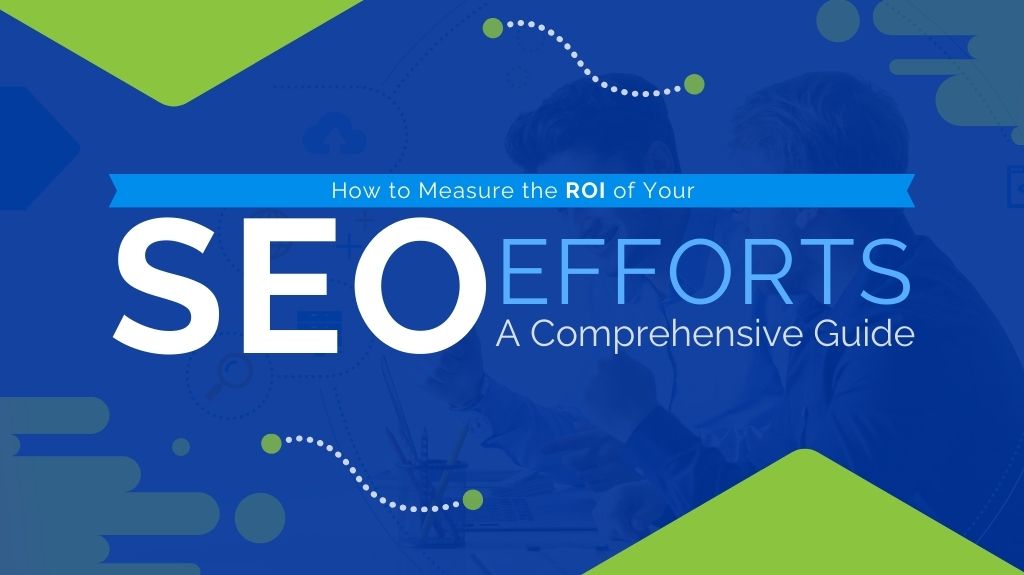The Ultimate Guide to SEO (Search Engine Optimization) Blog
In today’s digital landscape, understanding SEO (Search Engine Optimization) is essential for anyone looking to increase their online presence. This blog delves into what Search Engine Optimization is, the factors that influence your search engine rankings, and the importance of implementing effective strategies.
What is SEO?

SEO (Search Engine Optimization) is simply the art of making your website more visible in search engine results. Imagine it like putting up a big, bright sign for your website online, so people can easily find you. By enhancing various elements of a website, businesses can attract more organic traffic, ultimately leading to higher conversion rates. Search Engine Optimization. encompasses both on-page and off-page strategies to boost a site’s authority and relevance.
What Determines How High You Rank?
Several factors influence your Search Engine Optimization rankings. Understanding these can help you craft a robust SEO strategy.

1. Keywords
Proper keyword research is crucial for understanding what your audience is searching for. Aim for a keyword density of 2% to 3% in your content to maximize relevance without overstuffing.
2. Content Quality
High-quality content is vital for effective Search Engine Optimization . Unique content that addresses user queries significantly enhances your SEO rankings. Regularly updating your content can also keep it fresh and relevant.
3. Backlinks
Backlinks, or inbound links from other reputable websites, are critical for establishing your site’s authority. The quality and quantity of backlinks can greatly affect your (Search Engine Optimization) performance. Engaging in guest blogging and building relationships with industry influencers can help secure valuable backlinks.
4. User Experience (UX)
User experience plays a significant role in SEO. A website that is easy to navigate, mobile-friendly, and quick to load will likely rank higher in search engine results. Search engines assess user engagement metrics such as bounce rate and average session duration, making UX a crucial factor in your Search Engine Optimization strategy.
5. Technical SEO
This includes ensuring that your site is crawlable by search engines, optimizing site speed, and using schema markup to help search engines understand your content better. A solid technical foundation is essential for effective SEO (Search Engine Optimization).
6. Social Signals
While the direct impact of social signals is debated, a strong social media presence can drive traffic to your site and increase brand visibility. Engaging with users on social platforms can indirectly boost your Search Engine Optimization. rankings by generating backlinks and improving brand recognition.
Importance of SEO
Understanding the importance of SEO (Search Engine Optimization) is crucial for anyone looking to succeed in the online space.

1. Increased Visibility and Traffic
A higher ranking leads to more clicks and organic traffic to your website. With a well-optimized site, you can attract a broader audience and enhance your brand’s online presence.
2. Cost-Effective Marketing
While it may require an investment in time and resources, the long-term benefits of organic traffic can outweigh the costs. Once your website is optimized, the ongoing traffic can provide a steady stream of leads without additional spending.
3. Better User Experience
SEO is not just about search engines; it’s also about providing a better experience for users. By optimizing your site for SEO, you often enhance its overall usability. A well-structured site leads to better navigation and a more satisfying user experience, which can translate to higher conversion rates.
4. Establishing Credibility and Trust
Effective SEO (Search Engine Optimization) strategies can help build your brand’s authority and establish trust with your audience, leading to improved customer loyalty.
5. Staying Competitive
Businesses that invest in SEO (Search Engine Optimization) are more likely to stay ahead of their competitors. With the right strategies in place, you can carve out a strong position in your industry and attract more customers.
Key Components of an Effective SEO Strategy
To effectively implement SEO (Search Engine Optimization), focus on these key components:

1. Keyword Research
Conduct thorough keyword research to identify relevant keywords that your target audience is searching for.
2. On-Page Optimization
Optimize each page of your website for SEO. This includes incorporating keywords naturally, optimizing title tags and meta descriptions, and using header tags to structure your content effectively.
3. Content Creation
Create valuable, engaging content that answers your audience’s questions and addresses their pain points. Regularly update your blog or website with fresh content to keep your audience engaged and improve your (Search Engine Optimization). rankings.
4. Link Building
Focus on building high-quality backlinks to your site. Engage in guest blogging, collaborate with influencers, and participate in relevant industry forums to enhance your backlink profile.
5. Performance Monitoring
Regularly monitor your SEO performance using tools like Google Analytics and SEMrush. Analyze your traffic, rankings, and user engagement to identify areas for improvement and adjust your strategy accordingly.
Essential SEO Tips to Enhance Your Online Presence
1. Conduct Comprehensive Keyword Research
Keyword research is the cornerstone of effective SEO. Identify the keywords that your target audience is searching for and create content around those terms. Tools like Google Keyword Planner and Uber suggest can help you discover high-volume keywords relevant to your niche. Aim for a keyword density of 2% to 3% in your content to maintain relevance while avoiding keyword stuffing.
2. Optimize On-Page Elements
On-page optimization is crucial for improving your (Search Engine Optimization) performance. Focus on optimizing title tags, meta descriptions, headers, and images. Ensure your target keywords appear naturally in these elements to signal relevance to search engines. For example, include your primary keyword in the title and headers of your blog posts.
3. Create High-Quality Content
Content is at the heart of SEO. Producing unique, valuable content that addresses the needs and questions of your audience can significantly boost your rankings. Regularly update your blog with fresh content to keep it engaging and relevant, which is essential for ongoing Search Engine Optimization success.
4. Improve Site Speed and Mobile Responsiveness
Site speed and mobile-friendliness are critical factors in SEO rankings. A fast-loading, responsive website enhances user experience and keeps visitors engaged. Use tools like Google Page Speed Insights to analyze and improve your site’s performance. A mobile-friendly design is essential, as more users access websites via mobile devices.
5. Build High-Quality Backlinks
Backlinks are vital for establishing your site’s authority in the eyes of search engines. Aim to acquire backlinks from reputable websites within your industry. You can achieve this by guest blogging, creating shareable content, or collaborating with influencers. Quality backlinks can significantly enhance your (Search Engine Optimization) performance.
6. Utilize Internal Linking
. By linking to other pages within your website, you not only help search engines crawl your site but also encourage users to explore more of your content. This can improve engagement metrics and ultimately benefit your SEO rankings.
7. Leverage Social Media
While social media signals may not directly impact SEO, having a strong social media presence can drive traffic to your website and improve brand visibility. Share your content across social platforms to engage your audience and encourage backlinks, indirectly benefiting your (Search Engine Optimization) efforts.
8. Monitor Your SEO Performance
Regularly tracking your performance is crucial for understanding what works and what needs improvement. Use tools like Google Analytics and SEMrush to analyze your website’s traffic, user engagement, and keyword rankings. This data will help you refine your strategy and stay on top of your game.
Tools to Enhance Your SEO Efforts
To effectively implement your SEO (Search Engine Optimization) strategies, utilizing the right tools is essential.

1. Google Analytics
You can track user behavior, traffic sources, and conversion rates, allowing you to make data-driven decisions to improve your strategy.
2. SEMrush
SEMrush is a comprehensive tool that provides features for keyword research, site audits, and competitive analysis. It’s an excellent resource for optimizing your strategy and identifying growth opportunities within your niche.
3. Ahrefs
Use it to examine your competitors’ strategies, identify high-quality backlinks, and discover new keyword opportunities to elevate your SEO (Search Engine Optimization) efforts.
4. Moz
Moz offers a suite of SEO tools, including site audits and keyword tracking. With its user-friendly interface, Moz makes it easy for beginners to navigate their journey and implement effective strategies.
5. Yoast SEO
For WordPress users, Yoast SEO is an essential plugin. It provides real-time feedback on your content’s SEO performance, helping you optimize title tags, meta descriptions, and more.
6. Uber suggest
Uber suggest is a free SEO tool that offers keyword suggestions, traffic estimations, and site audit features. It’s an excellent starting point for anyone new to SEO (Search Engine Optimization).
Conclusion
Embarking on your (Search Engine Optimization) journey is a crucial step toward enhancing your online presence. By implementing these tips and utilizing the right tools, you can lay a solid foundation for your (Search Engine Optimization).strategy. With dedication and persistence, you’ll see improvements in your search engine rankings and overall website performance. Start your journey today, and watch your digital footprint grow!

